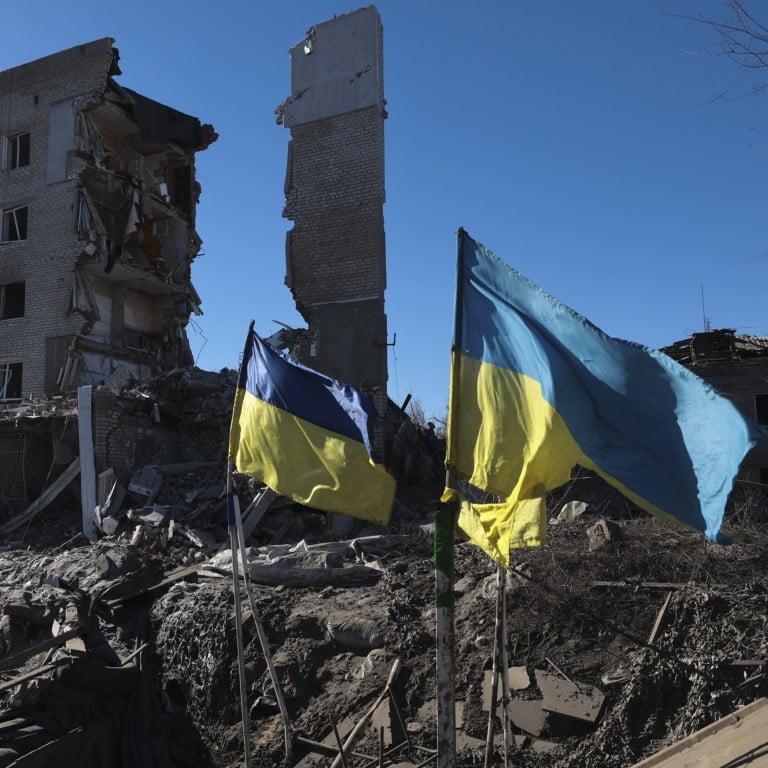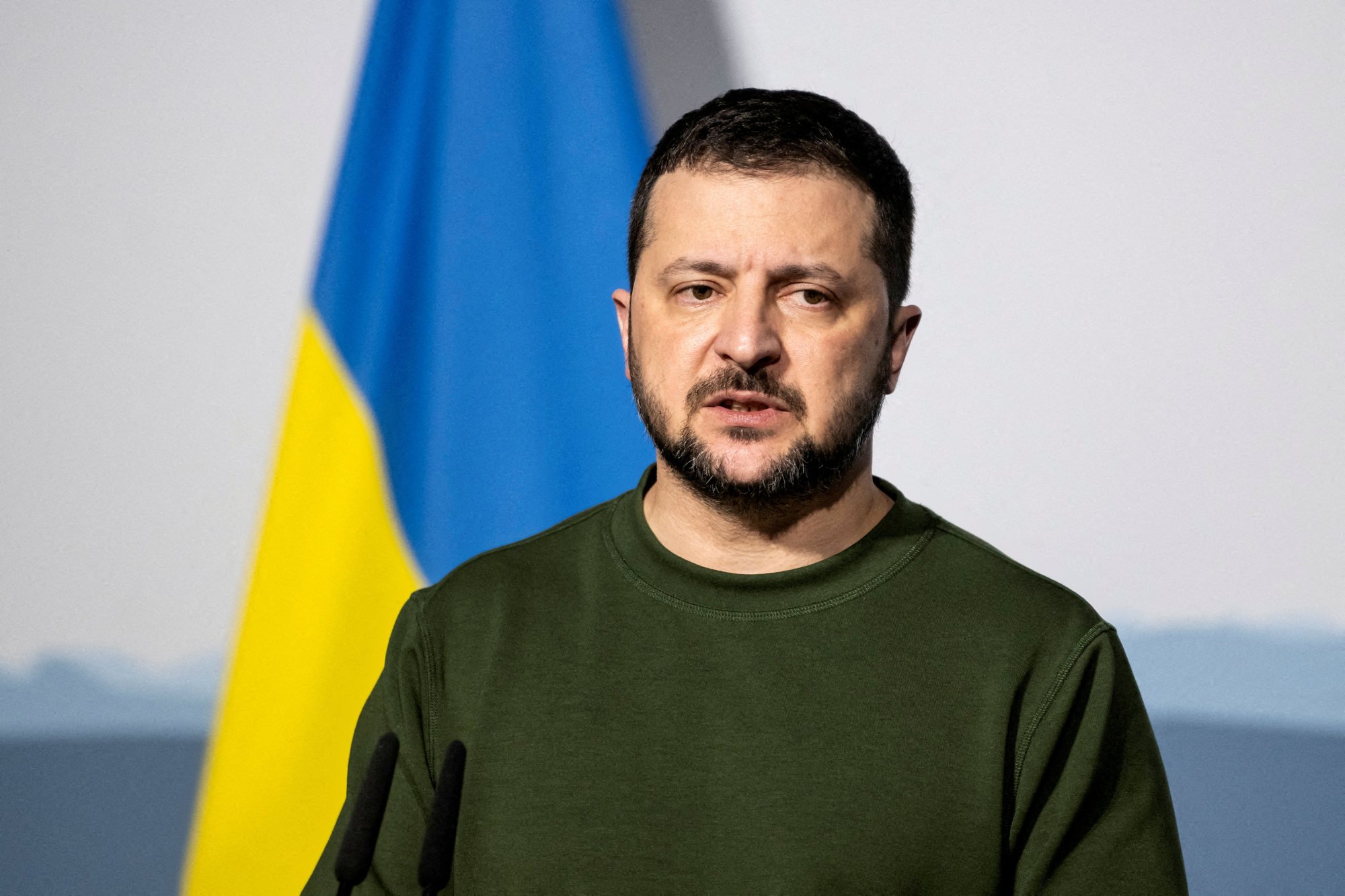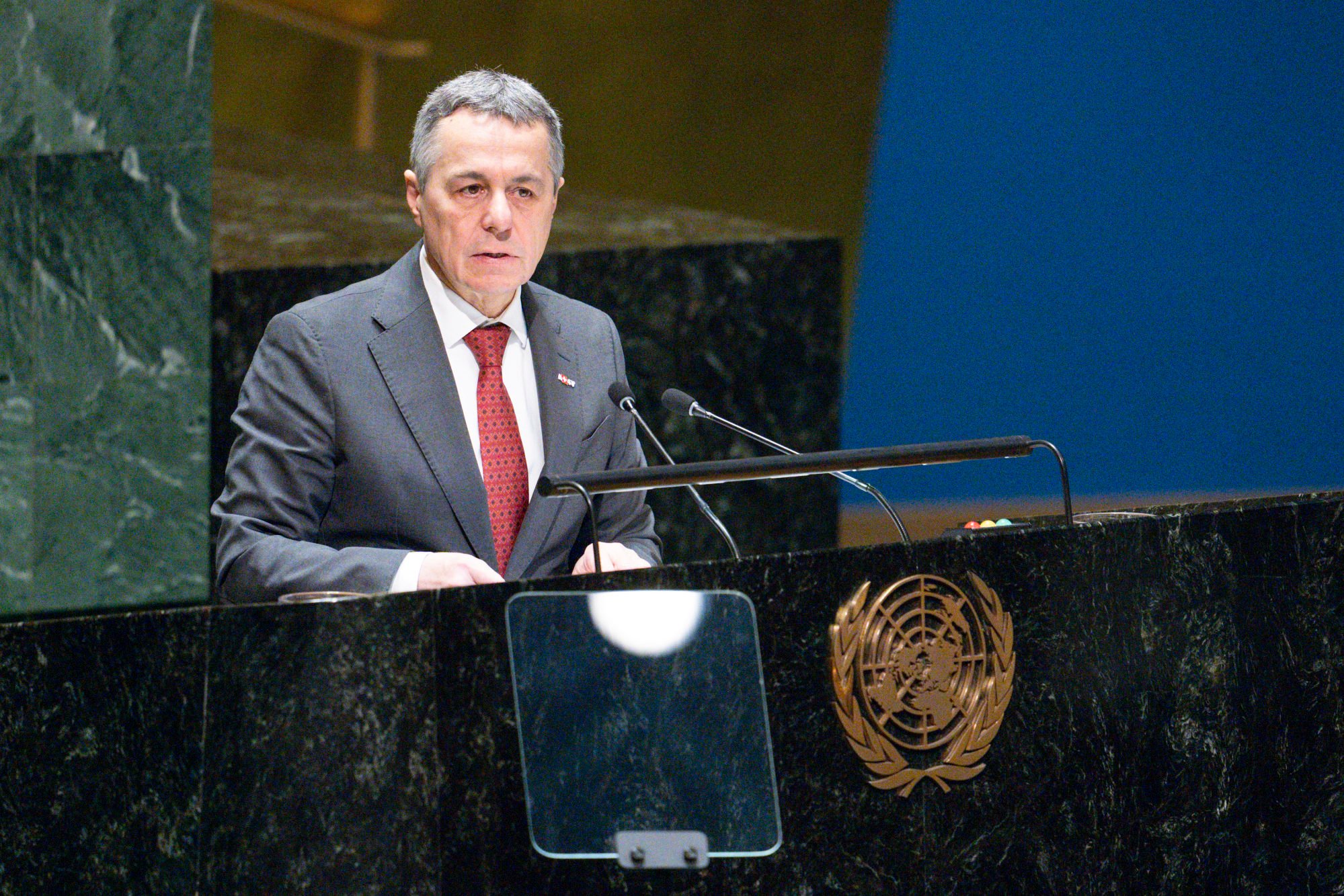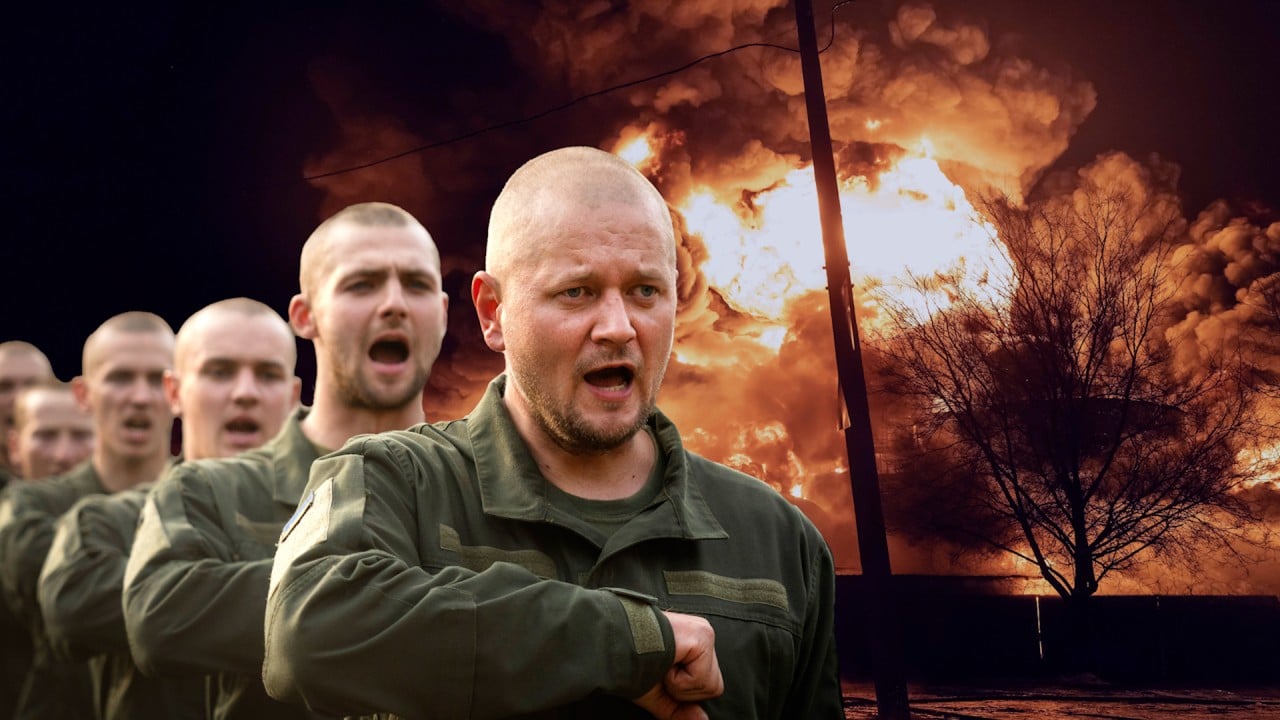
Exclusive | China and Switzerland in push for Russia to join Ukraine peace summit
- Beijing and Bern share a ‘pragmatic’ view on how to achieve peace, according to sources close to the discussions
- But it’s seen as unlikely that Kyiv or Moscow could accept the other side’s conditions to sit down together for talks
Sources close to the discussions said the two countries shared a “pragmatic” view on how to achieve peace, and that a format without both sides risks becoming the diplomatic equivalent of a “Potemkin village”.
In January, the Swiss government agreed to host a peace summit of world leaders at the request of Ukraine, although no date has been confirmed. It was initially reported that Moscow would not be invited. The talks would build on a series of meetings among national security advisers from dozens of countries held in various locations, only one of which was attended by Beijing.
“We are open to all countries of the world that respect our sovereignty and territorial integrity. Therefore you can draw conclusions on whom we invite,” Ukrainian President Volodymyr Zelensky told a press conference in Switzerland in January.
But in neither Bern nor Beijing is this seen as a viable way to end the war, which was sparked by a Russian invasion of Ukraine just over two years ago.
Sources from the EU and its member states described the plan as a “non-starter”. While they would ultimately be guided by Kyiv, it is viewed as extremely unlikely that either Ukraine or Russia could stomach the other side’s conditions for sitting down together.
Russia would be welcome to join such talks, “but needs to withdraw its troops from Ukraine first”, said one senior official in a Central European capital.

The Swiss summit was discussed at various meetings this week, as China’s envoy for Eurasia Li Hui toured Europe following a stop in Moscow. In both Brussels and Warsaw, he floated the possibility of Russia attending the talks – but made clear that Moscow had two preconditions.
These are that the West stop shipping arms to Ukraine, and that Zelensky cancel a decree signed in October 2022 declaring that talks with Russian President Vladimir Putin are “impossible”, after Moscow proclaimed four occupied regions of Ukraine to be part of Russia.
Multiple sources from various EU capitals said these would “never” happen while Putin remained intent on marching on Kyiv.
A French diplomat said that with the military momentum “all for Russia right now, I doubt Moscow will come or if they do they’ll be so demanding and rude that it will be over before the discussion starts”.
“And if it’s before the elections, there will be pressure from France et al to avoid giving the impression that we are conceding anything to Russia,” they said in a reference to the European Parliament elections in June.
Li told EU officials that the summit “can’t be a conference that produces a plan that is pushed down the Russians’ throat”, according to people briefed on the meetings. In Warsaw, sources panned him as a “messenger for Moscow”.
EU locks horns with China’s envoy on Ukraine, as schisms on war remain
While seen to be pro-Russian in the West, China has claimed to be a neutral party to the conflict and has consistently called for a negotiated solution.
“The earlier we start talking, the sooner peace will come,” Foreign Minister Wang Yi said in a press conference held on the sidelines of the annual meeting of the National People’s Congress this week, during which he also said China would “deepen” ties with Russia.
At a meeting with a Swiss delegation in Belgium, Li discussed making talks “more inclusive”, sources said.
The Swiss foreign ministry has been reaching out to the perceived leaders of the Global South with this in mind. Ukraine was the biggest topic when Foreign Minister Ignazio Cassis toured Delhi and Beijing last month, with Cassis inviting Chinese President Xi Jinping to join the talks.

Beijing has voiced interest in attending, although it is unclear in what capacity, but would prefer that Russia is at the table too. Both Switzerland and China believe that the broader the talks are, in terms of attendance, the more productive they will be, with Beijing’s participation seen as crucial to attracting other capitals.
Neutral Switzerland has a long history of mediation, and is not a member of the European Union or Nato. It has, however, joined Western sanctions on Russia and criticised Putin’s invasion.
The summit is viewed as the first in a series of events to lay down the basis for peace. Tactical issues such as nuclear safety, keeping grain exports flowing, and returning abducted Ukrainian children are likely to be on the agenda.
Sweden joins Nato as Russia’s war in Ukraine prompts security rethink
But it is unclear whether Kyiv could be moved to invite Russia to the summit.
Li visited Kyiv on Thursday, meeting senior Ukrainian officials including the head of Zelensky’s office Andriy Yermak, Deputy Prime Minister Yuliia Svyrydenko and Foreign Minister Dmytro Kuleba.
“Yermak spoke about the measures taken to implement the peace formula and preparations for the first Global Peace Summit to be held in Switzerland,” read a Kyiv readout of the meetings, adding that he “emphasised the importance of the widest possible support for the Ukrainian peace formula by all countries of the world”.
The Chinese delegation was “shown samples of the wreckage of a downed North Korean missile and other elements of the weapons that were transferred to Russia and used by it to attack Ukraine”, the account said.
“It is very important that you hear first-hand about the situation on the front line, what is happening and where we are,” Yermak said.
According to the readout, the Ukrainian side asked China for assistance in “putting an end to the forced deportation of Ukrainian children, in the exchange of prisoners, demilitarisation and de-occupation of the Zaporizhzhia nuclear power plant, guaranteeing nuclear security and other international initiatives of our country”.
Both Kyiv and the EU have asked Beijing to engage on these matters previously, but have been left disappointed by the lack of response. China has in both public and private settings stuck closely to its own 12-point proposal for peace, released in February 2023.
The foreign ministries of Ukraine and Russia did not immediately respond to a request for comment, nor did the Chinese mission to the EU.


